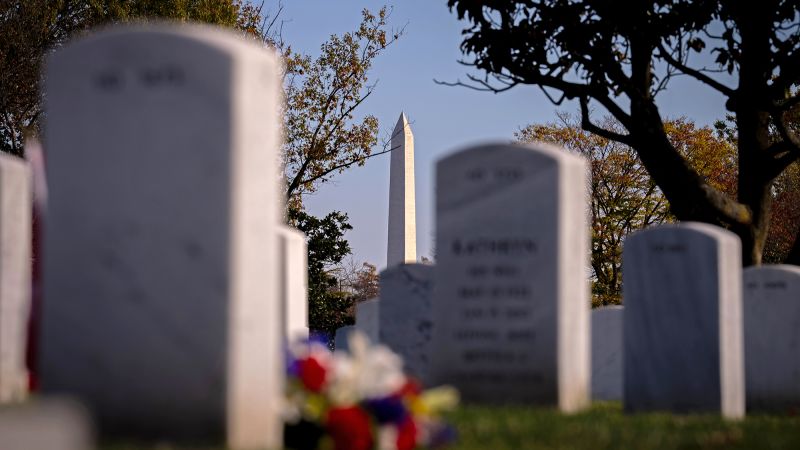Trump Proposes Controversial Rebrand of Veterans Day to Honor World War I Triumph

In a bold and controversial move, President Donald Trump proposed a significant change to the annual Veterans Day commemoration. Speaking at a press conference on Thursday, Trump suggested renaming the longstanding November 11 federal holiday to "Victory Day for World War I," emphasizing his desire to shift the national narrative toward celebrating military achievements.
The proposed renaming reflects the president's vision of highlighting American military triumphs, with Trump stating that the United States should "start celebrating our victories again." This unexpected proposal has already sparked debate among veterans' organizations, historians, and political commentators about the significance and potential implications of such a change.
Veterans Day, traditionally a time to honor all military veterans who have served the United States, currently commemorates the end of World War I and pays tribute to the sacrifices of service members across all conflicts. Trump's suggestion represents a significant departure from the holiday's established purpose and historical meaning.
The proposal is likely to face considerable scrutiny and potential legislative challenges before any official change could be implemented. Veterans' groups and congressional leaders are expected to weigh in on the potential renaming in the coming weeks.
